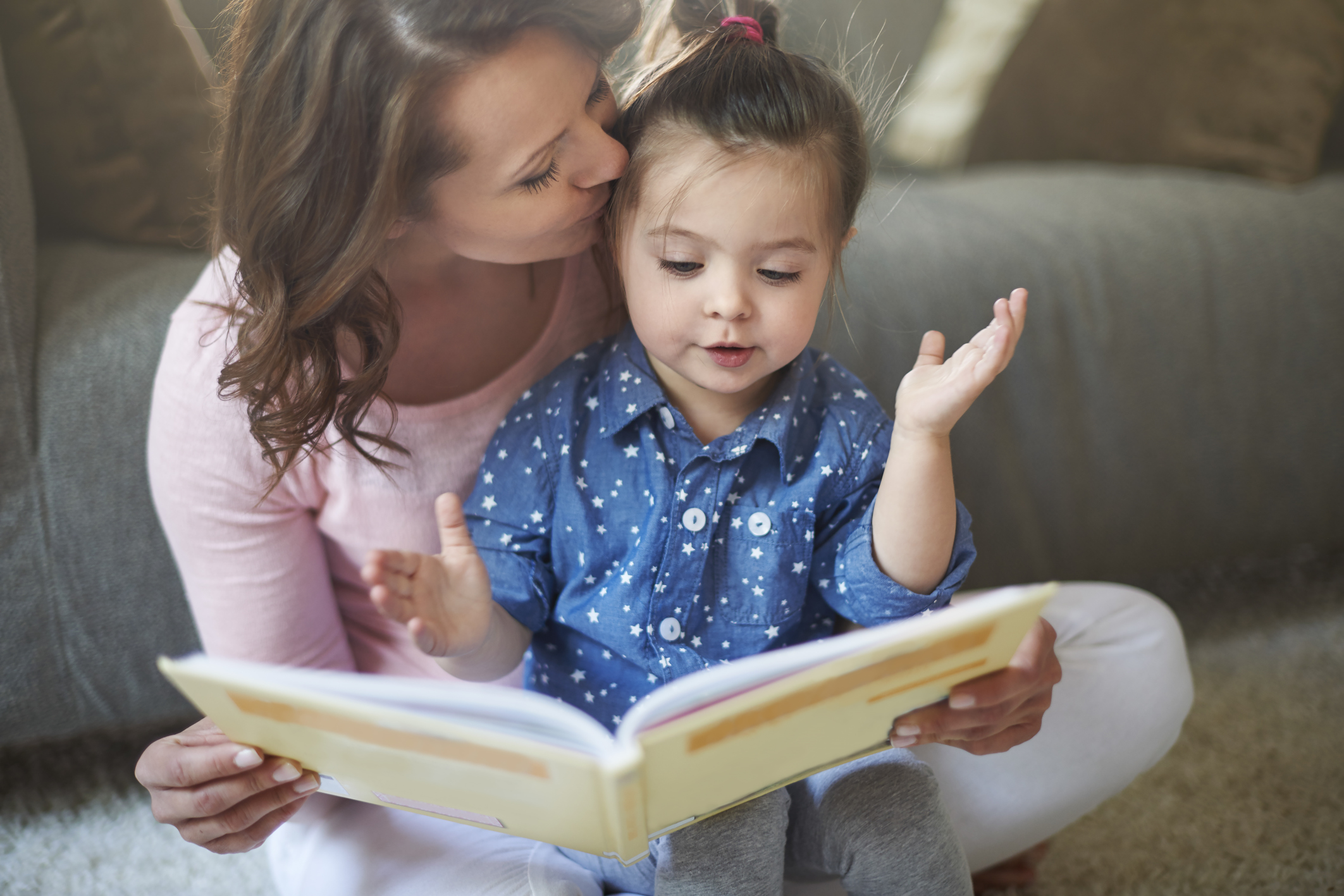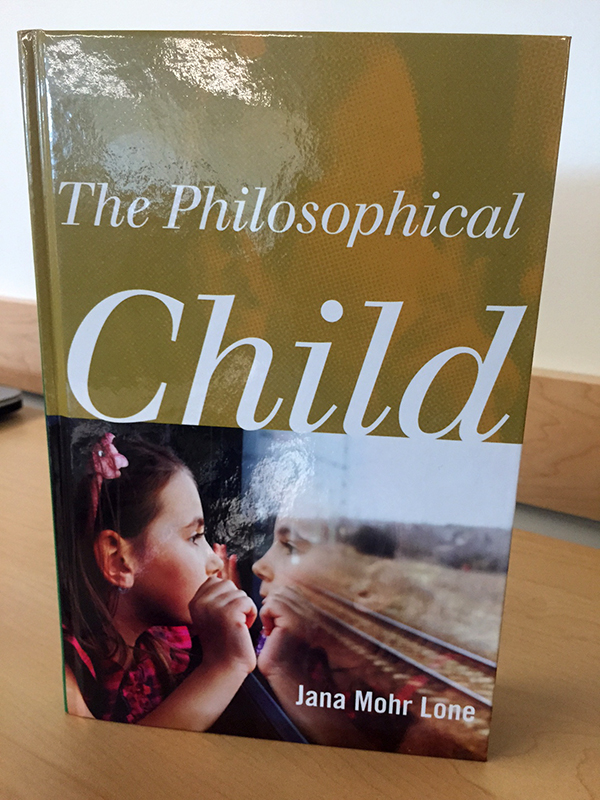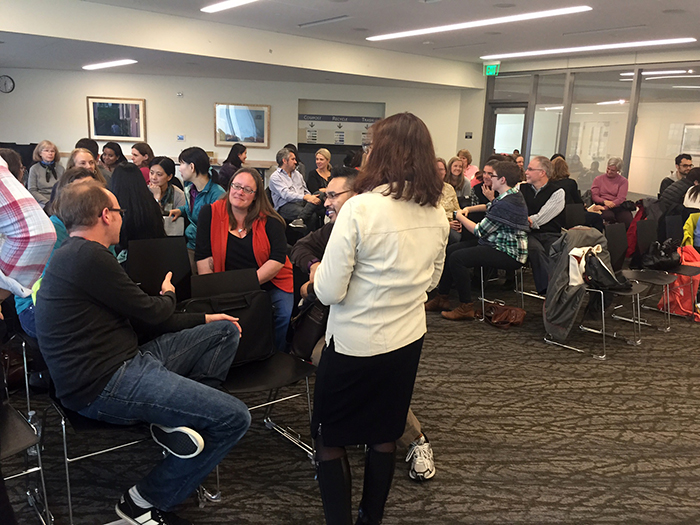
Dear Moms & Dads: Don’t Underestimate Your Children
The room was filled with parents eager to hear what Dr. Jana Lone, director for the Center for Philosophy for Children, had to say about understanding their philosophical children. She started her presentation like this: Relax guys! Stop worrying and enjoy exploring with your children when they ask questions. Become co–philosophers and see your relationship connect even more. She discussed examples from her own kids and talked about how she used children’s books to explore with them. They wondered if dreams were real, if we can be happy and sad at the same time, and if trees and flowers can be art.
I have two kids. My oldest, who’s almost nine, is my matter-of-fact child. She lives in the moment, not worrying about where she came from, what it means to die, or what being beautiful or smart even means. At night before bed, she is more concerned about what our tomorrow plans are as a family.
My son, who is six, is the philosophical one. At bedtime, the questions usually go like this: “Mom, so you will live until you are 100 right? Then what happens?” or “Mom, what do you think the next animal will be after humans become extinct?” I used to gasp inside, thinking to myself that I need to read even more with him, or question if he is sad or anxious, or take Minecraft away for a while (were electronics causing all of these thoughts?).
We learned that not only are children capable of philosophical thinking, they are actually quite good at it. Parents and other adults tend to dismiss these questions and comment on how adorable or cute they are, but if an adult were to pose the same question, it would be considered philosophical. Parents also often play the role of expert, so they might feel uncomfortable collaborating on thoughts and ideas with their kids.
Below were a few of my takeaways from the presentation:
Why being philosophical as a child is important
- Lone believes that wondering about our experience in life is at the core of what it means to be a human being. Reflection makes us who we really are. When we as parents try to answer all of their questions we fail to make a space for them to explore and create. Finding their own voice and explanation can be very empowering for children.
- When engaging in philosophical questions, your children see that there are many ways to see the same thing. Different perspectives are OK. This will help them later in life.
- It is the best way to cultivate analytic reasoning and critical thinking capacities. It teaches us to evaluate claims based on reason and analysis rather than on fixed beliefs and prejudice.
Strategies to engage in philosophical questions with your children
- When your child asks questions, pause and reflect. Invite them to explore the answers.
- Rather than respond, ask your child what prompted the question.
- Use children’s books to engage in philosophical thinking. In her book, The Philosophical Child, Dr. Lone recommends a reading list for you and your children. She strongly believes that most children’s authors think about children as philosophical thinkers. The UW Center for Philosophy for Children website is full of resources, as well.
I’m sure I can speak for many other parents in the room when I say that I am more at ease with not having all of the answers to my children’s questions. I have loved exploring with both kids and my daughter has started to think more deeply and philosophically.
The Whole U was thrilled to partner with Dr. Lone. We are offering another parenting seminar on Friday, November 20 with a panel of experts on the different styles of parenting. Do you know if you a helicopter, tiger, or slow parent? Register here.
